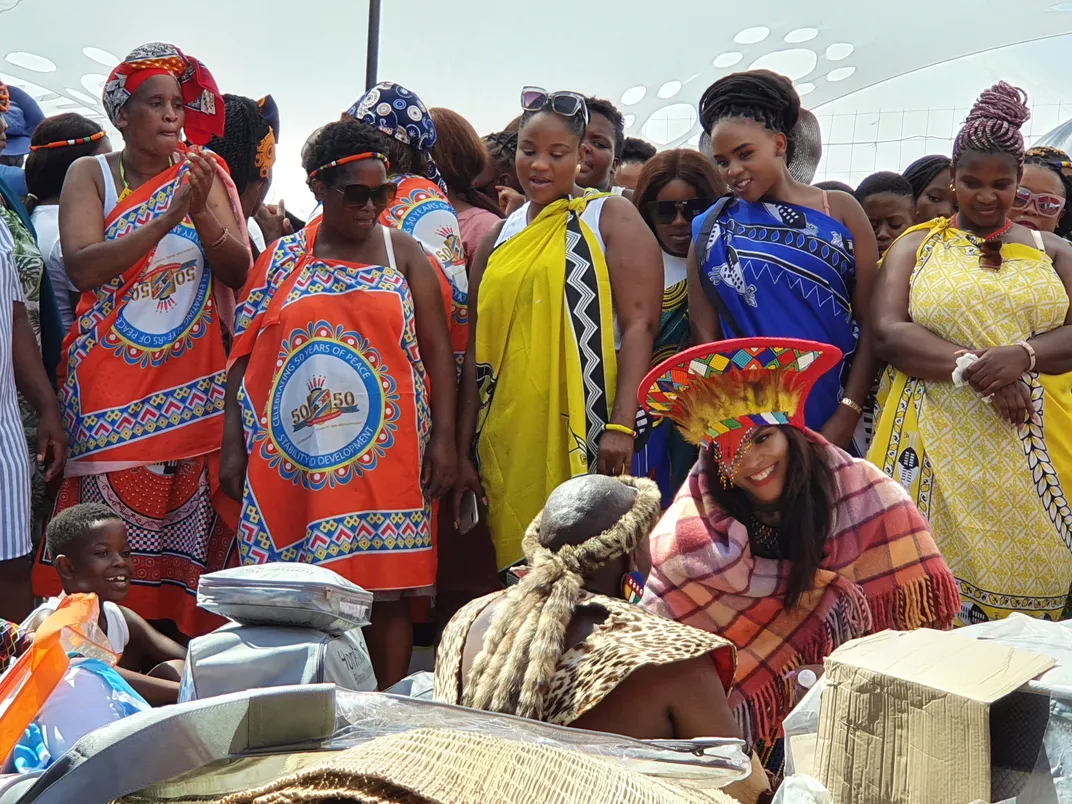Umabo can be best described as a Zulu traditional wedding which usually takes place after the white wedding. It may happen that some people only do the white wedding and have umabo many years after being married but it is believed that one is not fully married in accordance to the Zulu culture if they did go through umabo. Some people may be faced with difficulties in their marriages (failure to conceive, may not have good relations with the in-laws) and it may be discovered that the ancestors are not happy as umabo was not done and they don’t recognise their daughter in-law. This is a very important tradition; it may also impact on the children, which is why some people have umabo even after the death of the husband. The children may also need to do umabo for their parents; they are not to have umabo for themselves if their parents did not have umabo. In the Zulu culture, there are a couple of rituals that are done, before one is fully married and I would say umabo is the final stage. The first step is lobola, it is a process, one is not expected to pay all the lobola in one day, then izibizo (bringing of gifts for the bride’s mother and close family) may follow, umbondo ( the bride brings groceries for the groom’s family) may follow and then the wedding / umabo. Before the wedding, even if there will only be a white wedding, the bride’s family should slaughter a goat for her and burn insence (impepho); to tell the ancestors that their daughter is going to be a member of another family and after the wedding, the groom’s family should welcome her with a goat. For umabo, the two families slaughter cows (one from each family) and exchange certain parts of the meat.
| Date Taken: | 12.2020 |
| Date Uploaded: | 04.2021 |
| Photo Location: | Newcastle, South Africa |
| Camera: | SM-G975F |
| Copyright: | © Nkosikhona Ngcobo |

